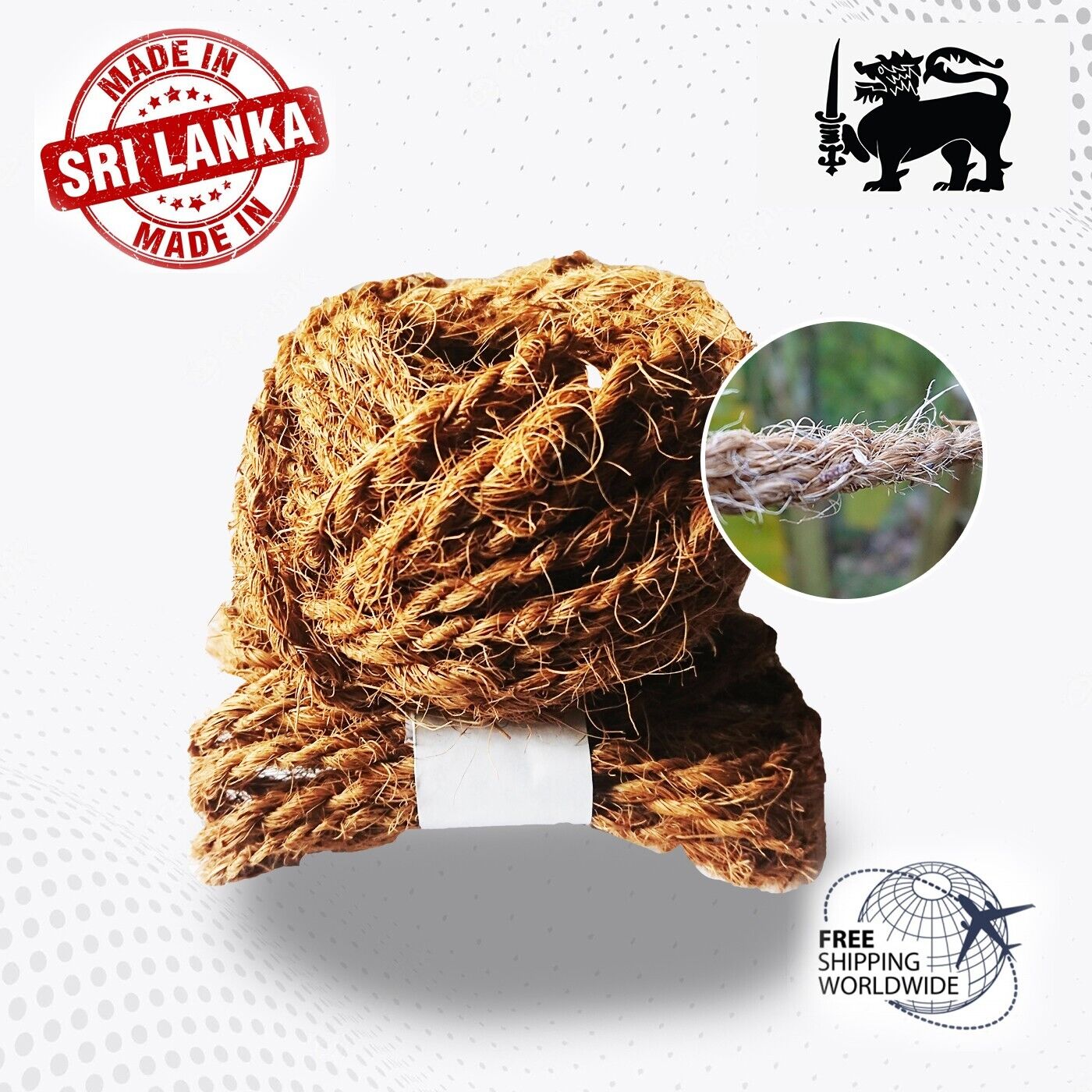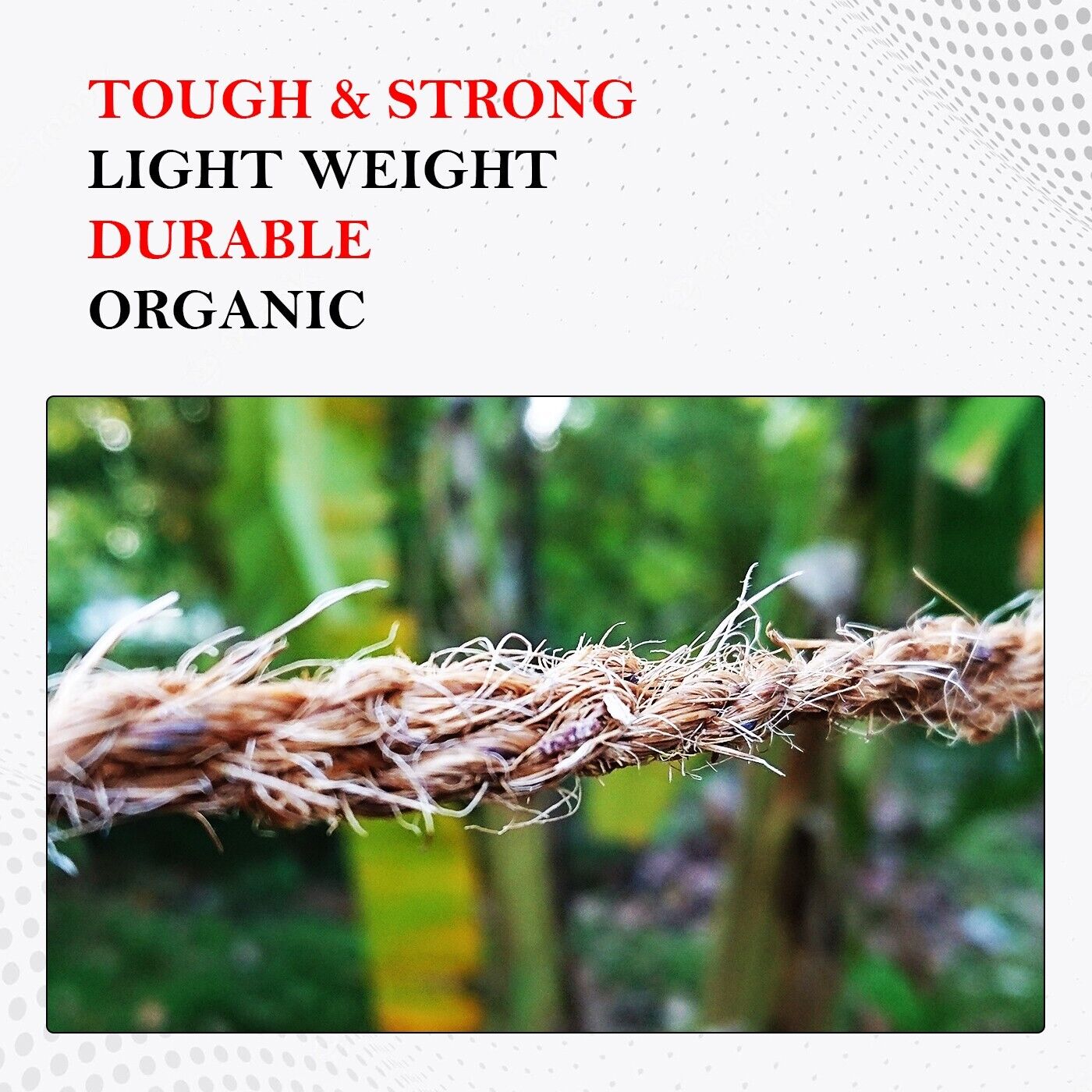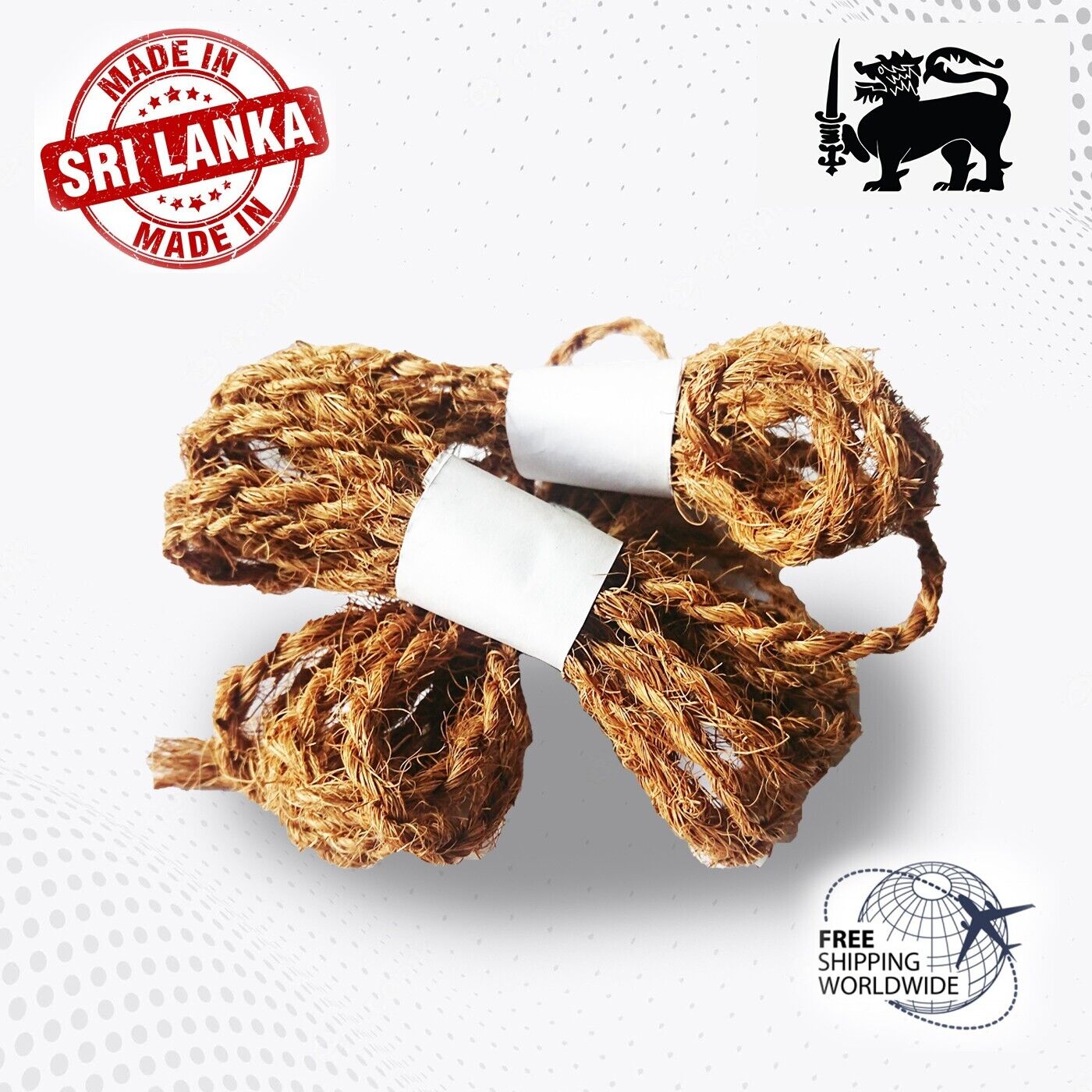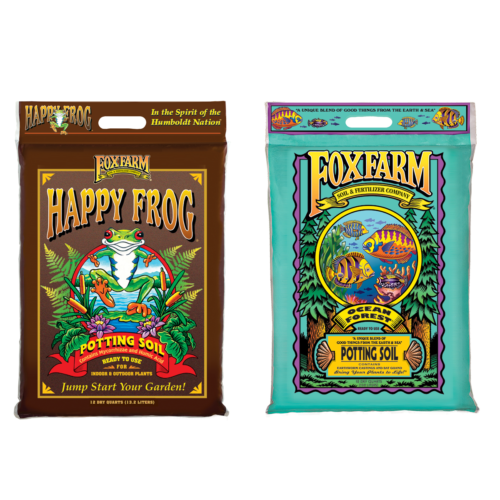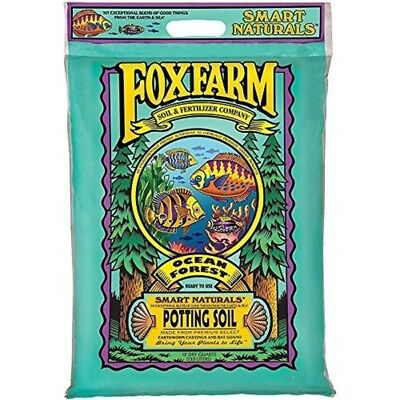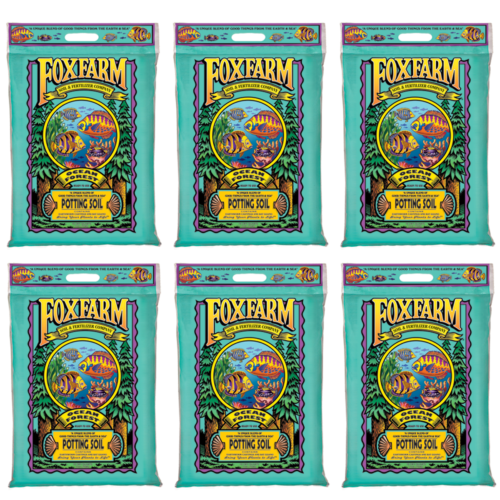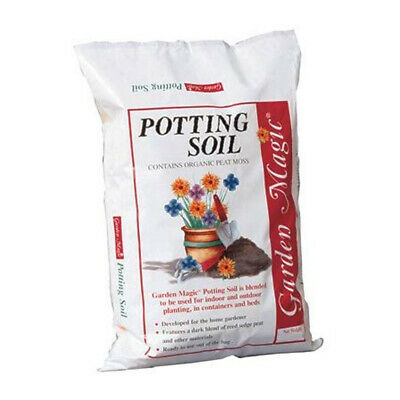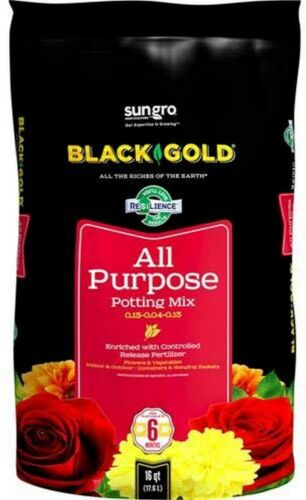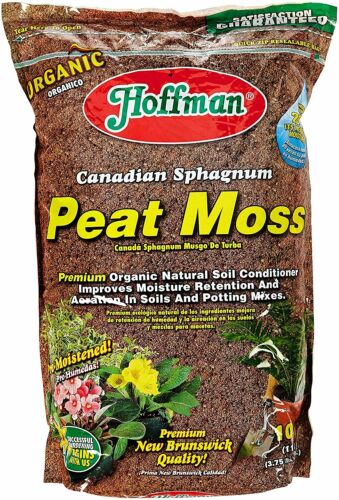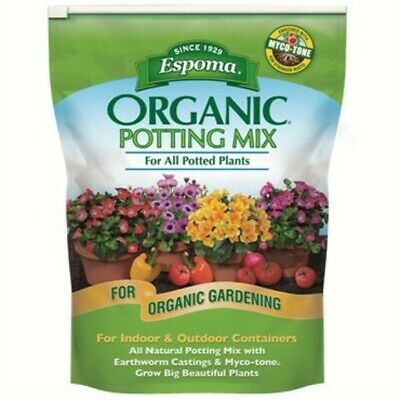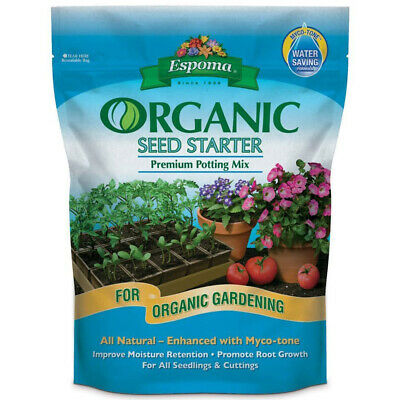-40%
Coconut Husk Coir Fibre Rope 10m Organic Sri Lankan Free Shipping Home & Garden
$ 9.5
- Description
- Size Guide
Description
Uses of CoirCoir has a wealth of uses from bedding, flooring, and packaging to cordage and rope manufacture. White coir is used for rope manufacture and to make fishing nets due to its strong resistance to saltwater. Red coir is used in household goods such as mattresses, brushes, doormats, floor mats, flooring, and sacking. Brown coir is mainly used for insulation, packaging, and upholstery.
Coir is used as a substitute for peat moss (sphagnum) and peat in agricultural and horticultural industries as it is environmentally friendly and widely available. It can also be used as a biological control against plant pathogenic fungi due to containing large numbers of colonies of the beneficial fungus Aspergillus terreus. Coir can be used as a terrarium substrate for reptiles or arachnids, as well as a substrate to grow mushrooms
The Benefits of Coir Twine
One of the main benefits of coir twine is that it’s all-natural. For growers, this can be very attractive because, unlike other gardening materials, it won’t leach chemicals into the surrounding soil.
Coir twine is not only natural but can also be composted after you’re done using it for the season. This helps eliminate unnecessary waste and is a greener option than many other twines on the market.
Even though it’s all-natural and compostable, coir twine is still very durable and can withstand almost anything the environment throws at it during a growing season. The thicker the strand, the longer it can last.
Another benefit is that coir twine is often more affordable than other natural twines, such as sisal or hemp. You can usually purchase thicker strands of coir twine for less than other natural twines to help lower your costs.
Lastly, gardeners and producers can use coir twine in a variety of ways. Hops growers can use it to support their crops. Floor mat manufacturers can use it to make highly durable and natural floor coverings. Some even use coir twine as fencing material to keep pests out of their gardens, rather than opting for an electric fence or a pesticide.
Coir Twine Uses
Coir twine is extremely popular among hops growers. Historically, some growers have used metal wire to string their hops. Because the possibility for contamination exists, some processors or brewers are refusing to purchase from growers that use metal. Coir twine offers all of the benefits of synthetic twine but is natural.
Coir twine can also be used for aquatic farming purposes. Oyster growers, those that cultivate sea squirts, and other oceanic farmers benefit from using coir. Because it’s natural, it’s safe to use in the water. Plus, coco coir twine can soak in salt water without damaging its fibers and reducing its durability.
Oil coir twine is being used for fencing. This twine has been soaked in a solution that helps keep pests and insects away from the area in which it’s used. The key benefit is that it’s not as expensive as running an electric fence and won’t harm the environment.
Coir twine has several other uses in the garden and around the home. It can be used to create woven floor coverings, hang clotheslines, put up bird feeders, and much more. It’s also suitable for trellising and tying plants beyond hops. It’s durable and can be added to your compost pile at the end of your growing season.
Whether you use coir twine for your garden or other purposes, you’d be hard-pressed to find another material that offers as many natural, cost-effective, and environmentally friendly benefits.
